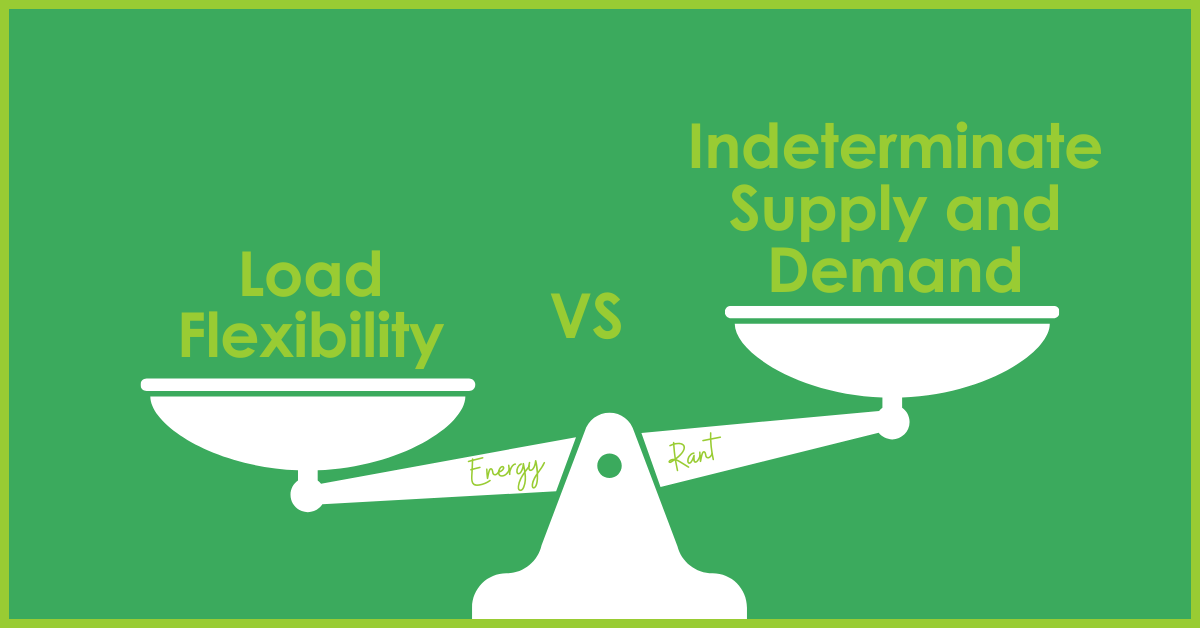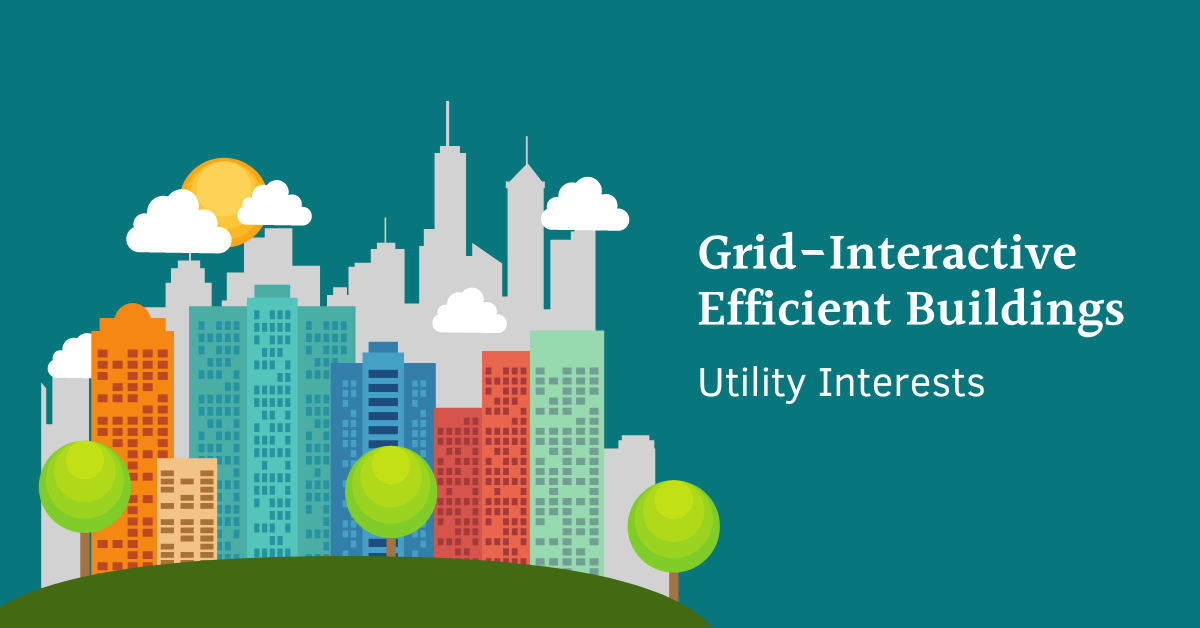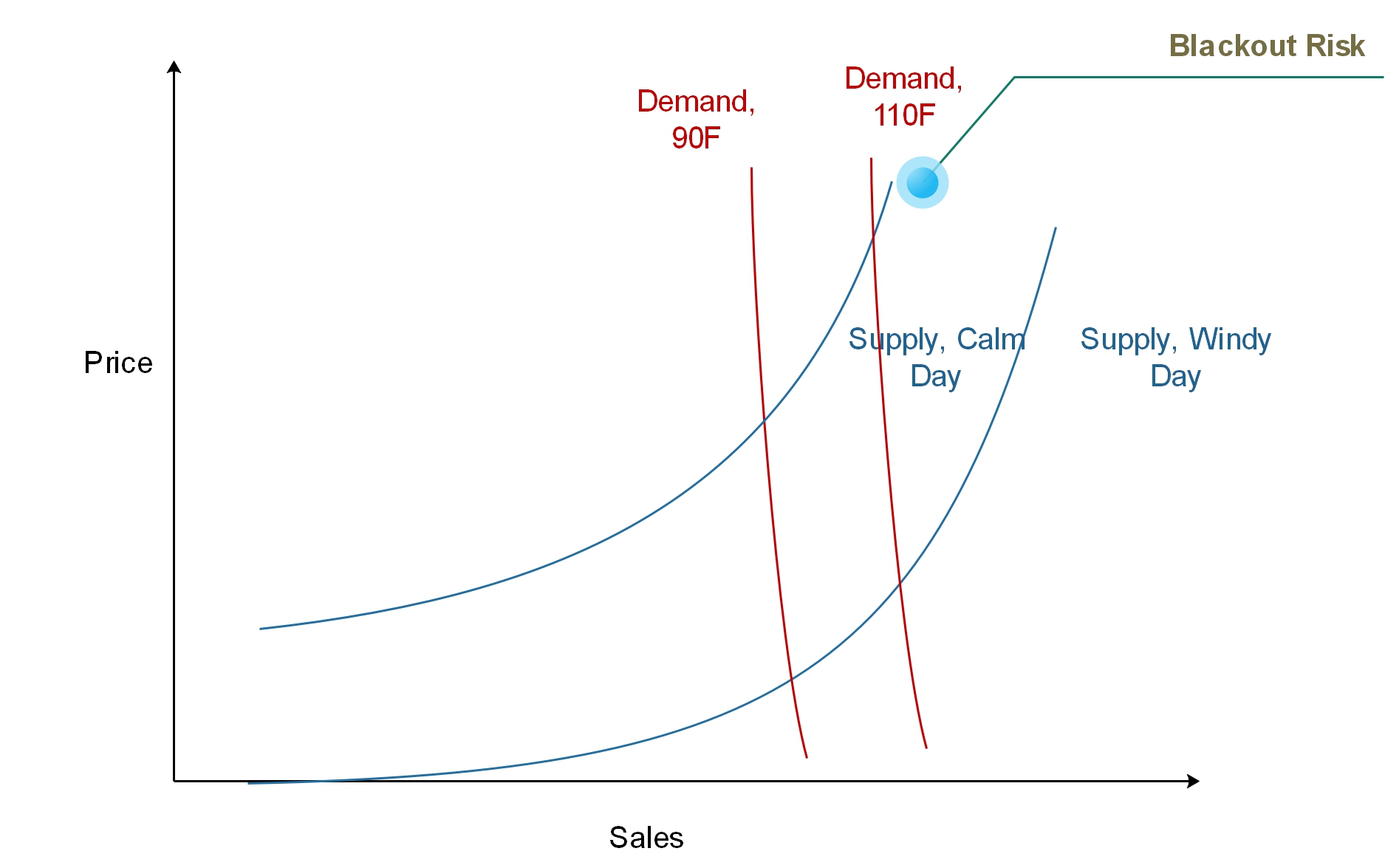
My top "strength," according to Gallup's CliftonStrengths survey, is context, which means knowing and understanding history to assess situations and inform and guide decisions. "Those with Context are the people in our lives who instinctively look to the past to understand the present." How does this affect my perspectives? Historical context serves as an impenetrable bullshit filter. I.e., we've been here before. I recognize this pattern, and I'm not joining the mob. See you later. We're Going to Starve If you're over 50, you were probably told that we would run out of food. Here are some zingers from the 1970s. "Population will…
Read More






